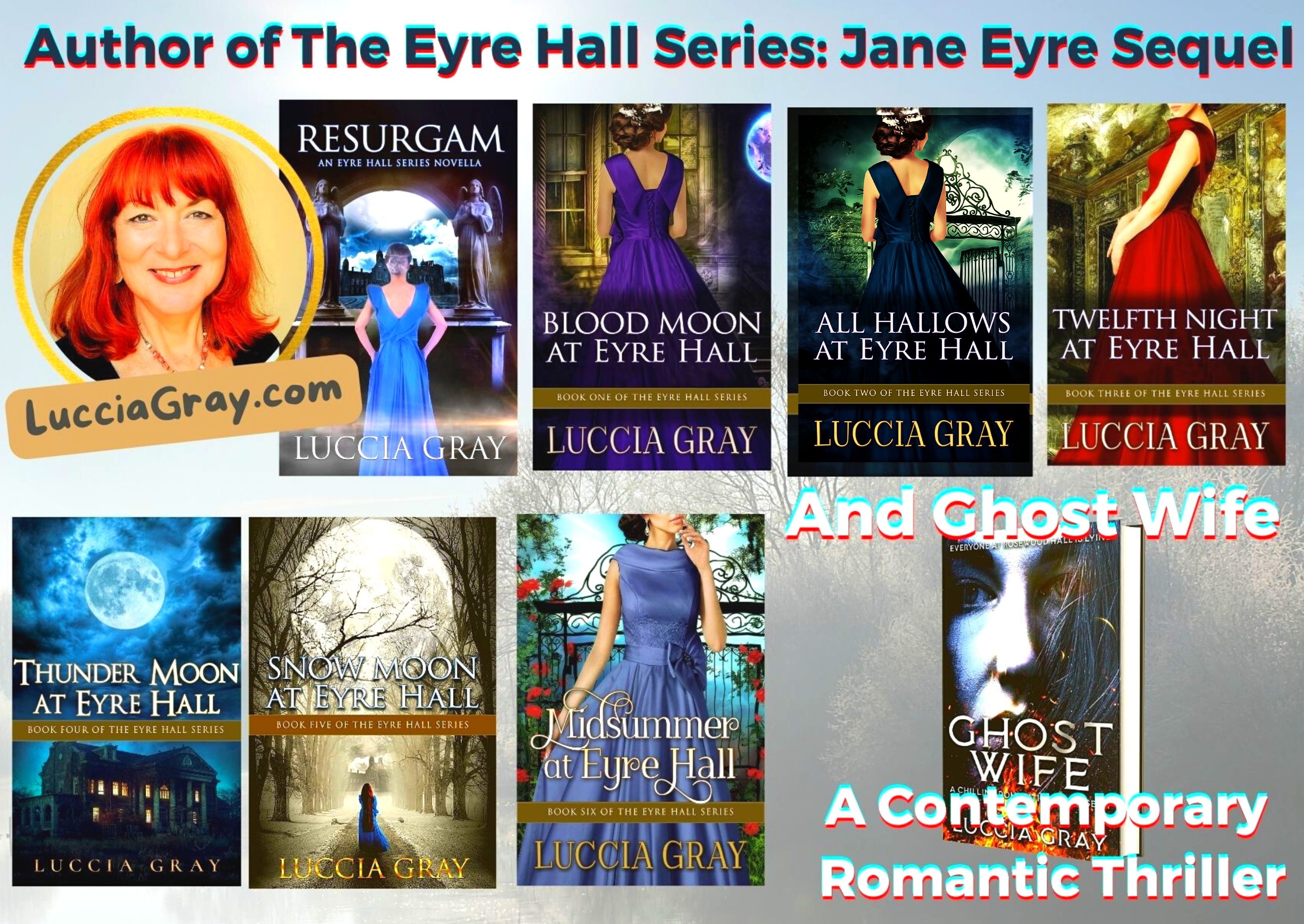April Blogging Challenge featuring YouTube Channels. Today Kindlepreneur.
Tag Archives: Independent Authors
AtoZ Blogging Challenge April 2022. I is for Alliance of Independent Authors on @YouTube
April Blogging Challenge on YouTube Channels; Hearth Breathings by Sarra Canon and How to Academy Mindset.
#IWSG Why do I write what I write? @TheIWSG #amwriting #WWWBlogs #amwriting
This post was written in response to the Insecure Writer’s Support Group monthly (first Wednesday of every month) blog hop to where writers express thoughts, doubts and concerns about our profession. By the way, all writers are invited to join in! Let’s rock the neurotic writing world! Our Twitter handle is @TheIWSG and hashtag is #IWSGContinue reading “#IWSG Why do I write what I write? @TheIWSG #amwriting #WWWBlogs #amwriting”
#IWSG POV: Protagonist or Antagonist? @TheIWSG #amwriting #WWWBlogs
This post was written in response to the Insecure Writer’s Support Group monthly (first Wednesday of every month) blog hop to where writers express thoughts, doubts and concerns about our profession. Let’s rock the neurotic writing world! Our Twitter handle is @TheIWSG and hashtag is #IWSG The co-hosts for the March 6 posting of the IWSGContinue reading “#IWSG POV: Protagonist or Antagonist? @TheIWSG #amwriting #WWWBlogs”
#IWSG Avoiding Pitfalls @TheIWSG #amwriting #WWWBlogs
This post was written in response to the Insecure Writer’s Support Group monthly (first Wednesday of every month) blog hop to where writers express thoughts, doubts and concerns about our profession. Let’s rock the neurotic writing world! Our Twitter handle is @TheIWSG and hashtag is #IWSG The co-hosts for the August 1 posting of the IWSGContinue reading “#IWSG Avoiding Pitfalls @TheIWSG #amwriting #WWWBlogs”
Pride and Prejudice: The Plight of Indie #Authors #IWSG
This article is written as part of the monthly group posting of the Insecure Wtiters Support Group. Today my insecurity is due to the prejudice against independent authors, from within and without the publishing industry. Prejudice means disfavouring or disliking something without an objective or fair reason for doing so. Pride, on the other hand,Continue reading “Pride and Prejudice: The Plight of Indie #Authors #IWSG”
A-Z April Blogging Challenge: Theme Reveal!
This year, for the first time, I’ll be taking part in the A-Z April Blogging Challenge. My theme is going to be: Author Spotlight April 2015. I’ll be including one author per day, whose name or surname starts with (or exceptionally includes), the corresponding letter for the April Challenge. Authors will all have a fewContinue reading “A-Z April Blogging Challenge: Theme Reveal!”


